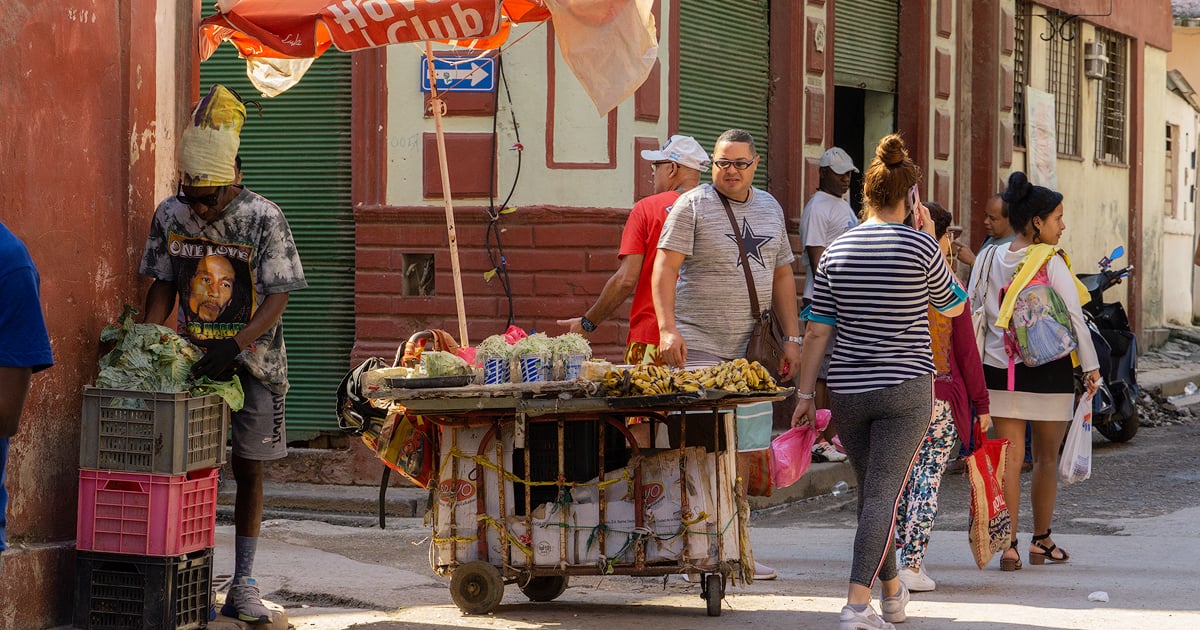The agricultural crisis currently plaguing Cuba is not only longer-lasting but also more severe than the hardships experienced during the Special Period, according to economist Pedro Monreal. In a recent analysis posted on his X account, Monreal emphasized that unlike the 1990s when conditions improved relatively quickly after the initial collapse, today's agricultural crisis has persisted for six years with no signs of recovery.
During the Special Period, there was a sharp drop in the production of root vegetables and greens, yet the sector managed to rebound in a few years. The current crisis, however, began with a less dramatic decline, but the contraction has deepened over time, highlighting the inability of the production systems to stabilize.
One of the most alarming aspects is the loss of 85% of the country's rice production, a staple in the Cuban diet. Unlike the "miracles" of recovery seen during the Special Period, such as the resurgence in bean production, the current situation shows a steady decline across all major agricultural sectors.
The 2023 Cuban Statistical Yearbook supports Monreal's concerns, showing significant drops in essential products like pork (-93.2%), eggs (-43%), and cow's milk (-37.6%), severely impacting the nation's food security.
The roots of this crisis are manifold. Structural problems, including a lack of inputs, outdated machinery, and dependency on imports, are compounded by an accumulated inflation rate nearing 25% in 2024, as reported by the National Office of Statistics and Information (ONEI). This surge in prices, particularly in the food sector, has exacerbated difficulties in accessing basic goods, rendering food unaffordable for much of the population.
Monreal warned that government measures, such as fines and price caps, have proven inadequate in addressing the structural issues plaguing Cuban agriculture. Meanwhile, citizens are facing an increasingly dire situation marked by shortages, rising food costs, and a lack of effective solutions to ensure food security.
The comparison with the Special Period underscores that, while that era was critical, the current challenges are even greater, and any hope of recovery seems increasingly distant.
Understanding Cuba's Ongoing Agricultural Crisis
What are the main causes of the current agricultural crisis in Cuba?
The crisis stems from structural issues like outdated machinery, lack of inputs, and reliance on imports, compounded by significant inflation, making food unaffordable for many Cubans.
How does the current crisis compare to the Special Period in Cuba?
While the Special Period saw a sharp initial decline followed by a recovery, the current crisis has shown prolonged decline with no signs of improvement, posing greater challenges.
How has the agricultural crisis affected food security in Cuba?
The crisis has led to a significant drop in the production of key food items like pork, eggs, and milk, severely impacting the food security of the Cuban population.
